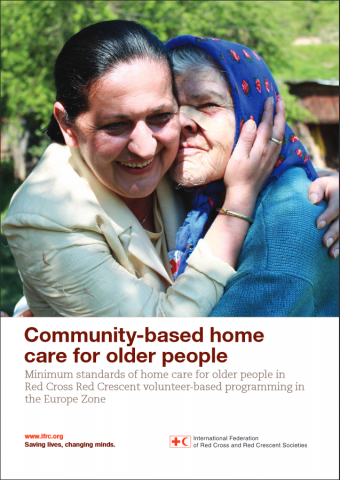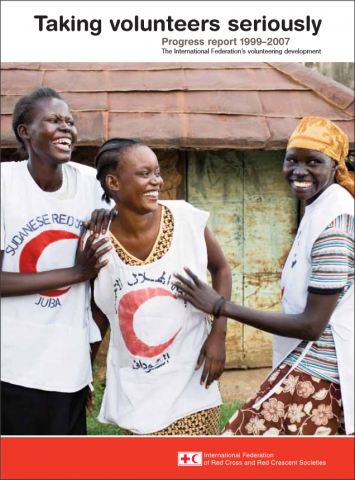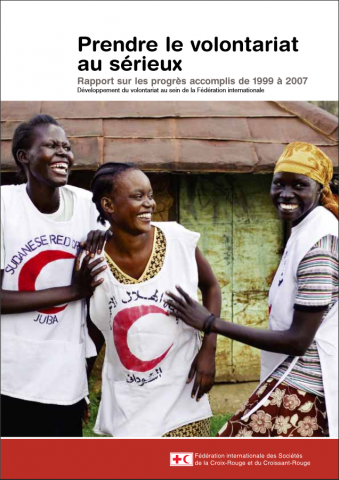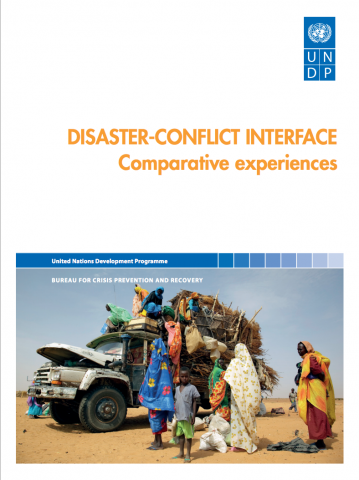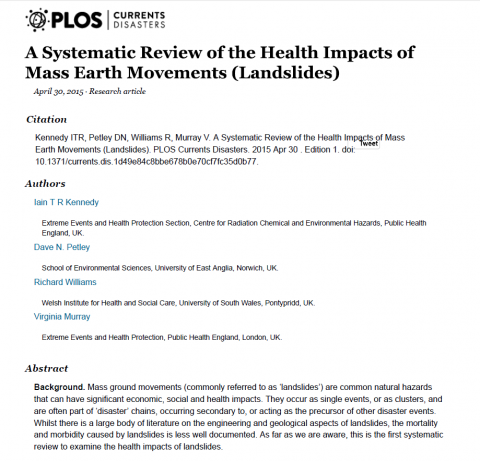Disaster risk governance: Unlocking progress and reducing risk
The call and the analysis presented here responds to an identified need for more comparative studies on how governance systems and development situations have shaped progress on disaster risk management (DRM). This paper reviews a selected number of different governance systems in terms of their institutional structures (centralized and decentralized); distribution of power and decision-making […]
Disaster risk governance: Unlocking progress and reducing risk Read More »

